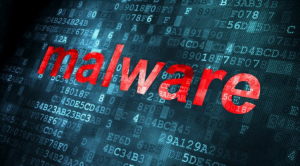Malware is software which is designed to target the intimate information such as credentials, payment details and so on. Any business, person and government can be affected by malware attacks. Ransomeware is an example of malware software which tries to encrypt all the files or intimate information from user to access their information unless they have to pay. Cyber criminals attack using different delivery methods such as virus, worm or Trojans.
Solutions to prevent malware attacks
Awareness training among users
The user training is essential for the companies to avoid and identify malware which can help to reduce the risks of getting attacked. Intentional phishing campaign is one way which can help growing awareness among users from latest malware attacks and reasons of attack.
Better Anti-Virus Software
Use of better reputable Anti-Virus Software will help in detecting and resolving the issue of existing malware on a system. It can help to mitigate the installation of potential malware. It is essential to keep the Anti-Virus software with the latest vendor version.
Secure Network
The network can be secured using Virtual Private Network (VPN) and extra firewall devices should be used because the hardware devices are more secure than the software security technologies. It makes the network less vulnerable for cyber criminals.
Backups
The regular backups are essential to protect intimate data because it helps to reduce the risks of any ransomware attack. The data can be restored safely even if the attack has already happened. The backups must be updated as it is more valuable than outdated backups.

